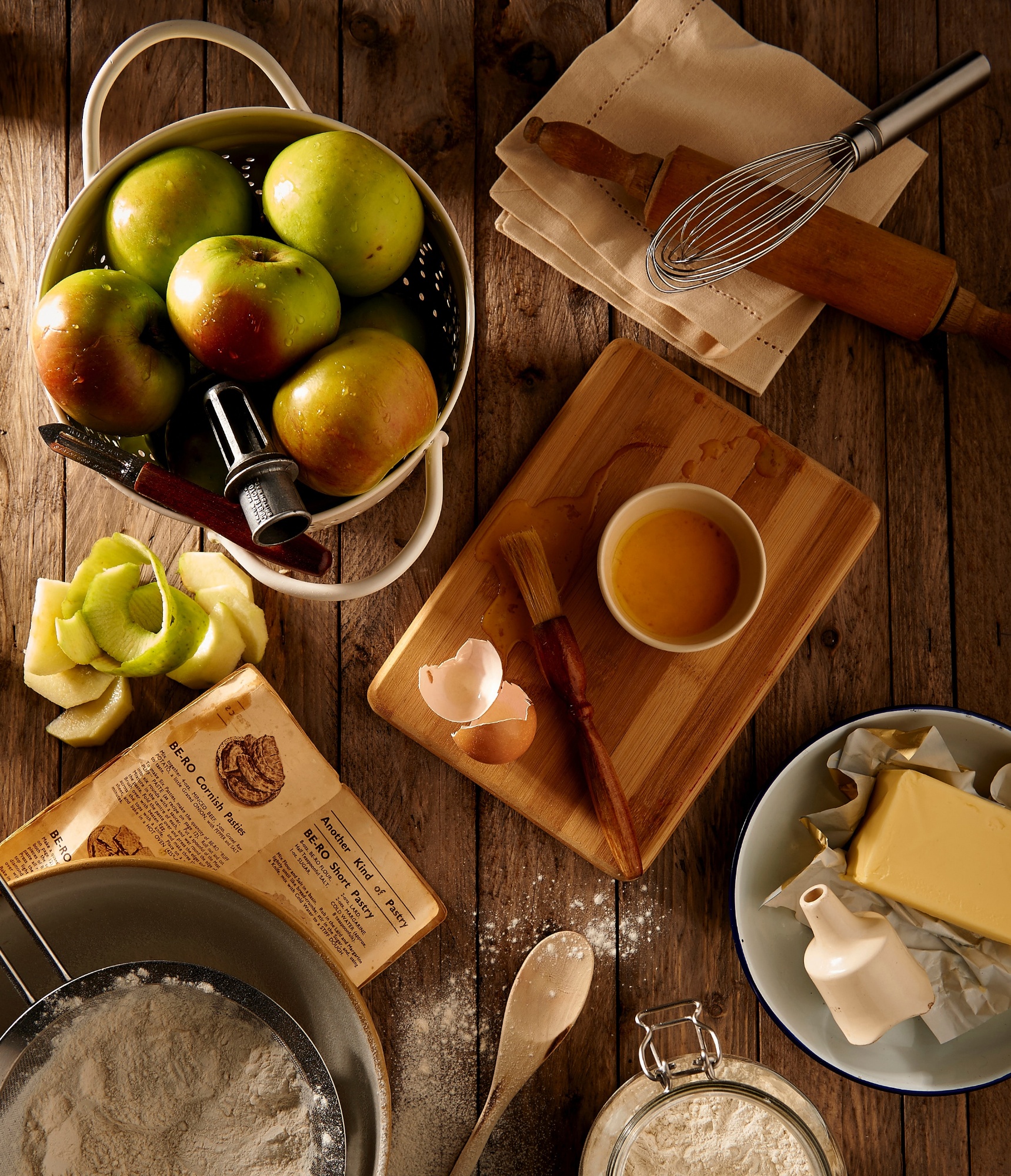Year 9
What will I learn?
In the first GCSE year of Food Preparation and Nutrition students will focuses on The Eatwell Guide including Proteins, Carbohydrates, Fibre, Fats and Dairy. Other areas covered include:
- Major health issues caused by poor diet.
- Dietary needs of different ages and stages of life
- Factors influencing food choices
- Diet through life
- Culinary Traditions
- International cuisines
- Multi-cultural research task
- Food Spoilage/bacteria
How will I be assessed?
Assessment will include a range of testing and extended writing along with coursework assessments in line with Year 11.
What different types of activities will I do over time to help me learn?
Students will learn practical cooking skills throughout the year with the focus being on learning skills and techniques. The products the students make will be linked to their current learning in theory lessons. Students will work on research assignments, extended writing and tests which will prepare them for Year 10.
How will this help me to progress to the next level or Key Stage?
Year 9 will prepare students for Year 10 where they will further develop their practical cooking skills, their research skills, along with extended writing and short answer skills needed for answering test questions.
Year 10
What will I learn?
Students will learn a range of practical cooking skills and techniques and will further develop their knowledge and understanding of food preparation and nutrition.
Areas covered include topics such as:
- Eggs
- Food Safety
- Cereals and grains, primary processing
- Meat and Fish
- Preservation
- Farming
- Sustainability
- Nutritional Analysis
- Costing
How will I be assessed?
Assessment will include a range of testing and extended writing along with coursework assessments in line with Year 11.
What different types of activities will I do over time to help me learn?
Students will carry out practical tasks to build upon skills and techniques, extended writing, a series of coursework pieces and testing which will prepare students for the exam in Year 11.
How will this help me to progress to the next level or Key Stage?
Year 10 will prepare students for the coursework and exam in Year 11.
Year 11
What will I learn?
In Year 11 the students carry out 2 controlled assessments.
NEA 1 is a science investigation. The topic for this assessment is released by the exam board prior to Yr 11 starting. Students have a time limit to complete this assessment.
NEA 2 consists of a research investigation on a specific topic. This investigation includes a practical exam where students make 3 products within a time limit.
How will I be assessed?
NEA 1: Students work will be internally assessed and moderated and a sample of investigations will be marked and moderated by the exam board. This piece of coursework is worth 15% of the final overall grade.
NEA 2: Students work will again be internally assessed and moderated and a sample of investigations will be marked and moderated by the exam board. This piece of coursework is worth 35% of the final overall grade.
Exam:The externally set task consists of an exam paper containing a number of short and long answer questions. The exam makes up 50% of the final overall grade.
What different types of activities will I do over time to help me learn?
Students will follow the guidelines for the coursework and will have lessons that relate to the given topics. A lot of the work in Yr 11 consists of independent learning where students are expected to make decisions about the research and investigations they carry out.
How will this help me to progress to the next level or Key Stage?
Students completing the course will be able to progress to KS5.
This GCSE leads naturally to the ‘A’ Level Food course. This is particularly suited to those considering a career within the food industry.

Curriculum Maps
The topics we study are outlined in our curriculum maps:
How will my child be assessed?
|
|
Assessment and Feedback Outline Approach |
|---|---|
|
KS3 |
Students are introduced to The Eatwell Guide. They are taught to recognise and use Health and Safety and Food Hygiene in the classroom during practical sessions. Students make a range of products to introduce them to all parts of the cooker. Assessment: Students complete a start of unit test and an end of unit test which are peer and teacher marked, verbal feedback takes place within practical lessons to introduce how to make progress. Students self- evaluate each product made. Homework is given at regular intervals throughout the 10 week rotation. Formal assessment takes the form of a start of unit test, an end of unit test, and an overall level for Hygiene and Health and Safety, Practical Skills and The Eatwell Guide. |
|
KS4 |
Students cover a range of topics within food and these are assessed via end of unit testing, extended writing tasks and practical assessments. Extended writing tasks are live marked to ensure ongoing improvements are made. Year 9 and 10 assessments for each term will include a combination of testing, practical skills and techniques and extended writing. Model answers are used to encourage progress and live marking takes place on a regular basis to encourage improvement in written work. Self-assessment is clearly outlined in product evaluations and verbal feedback is given within these lessons in order to improve products and achieve success. The final stage of KS4 sees students produce two pieces of coursework in the form of the NEA 1 Science Investigation 15% and NEA 2 Food Preparation coursework assessment 35% and the final exam 50% |